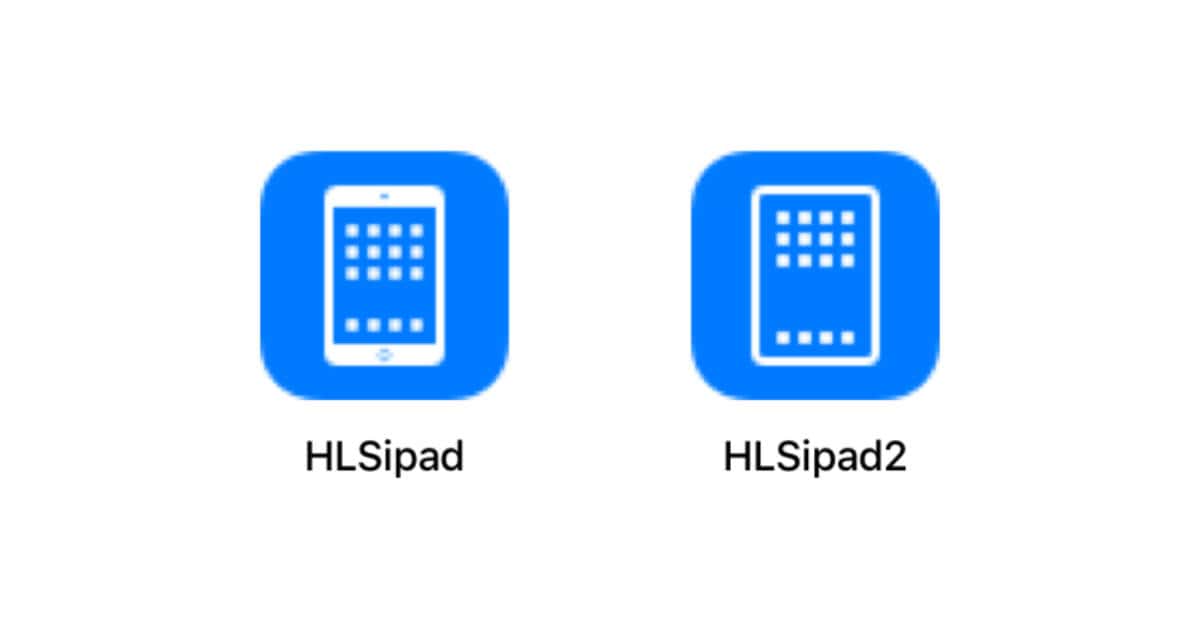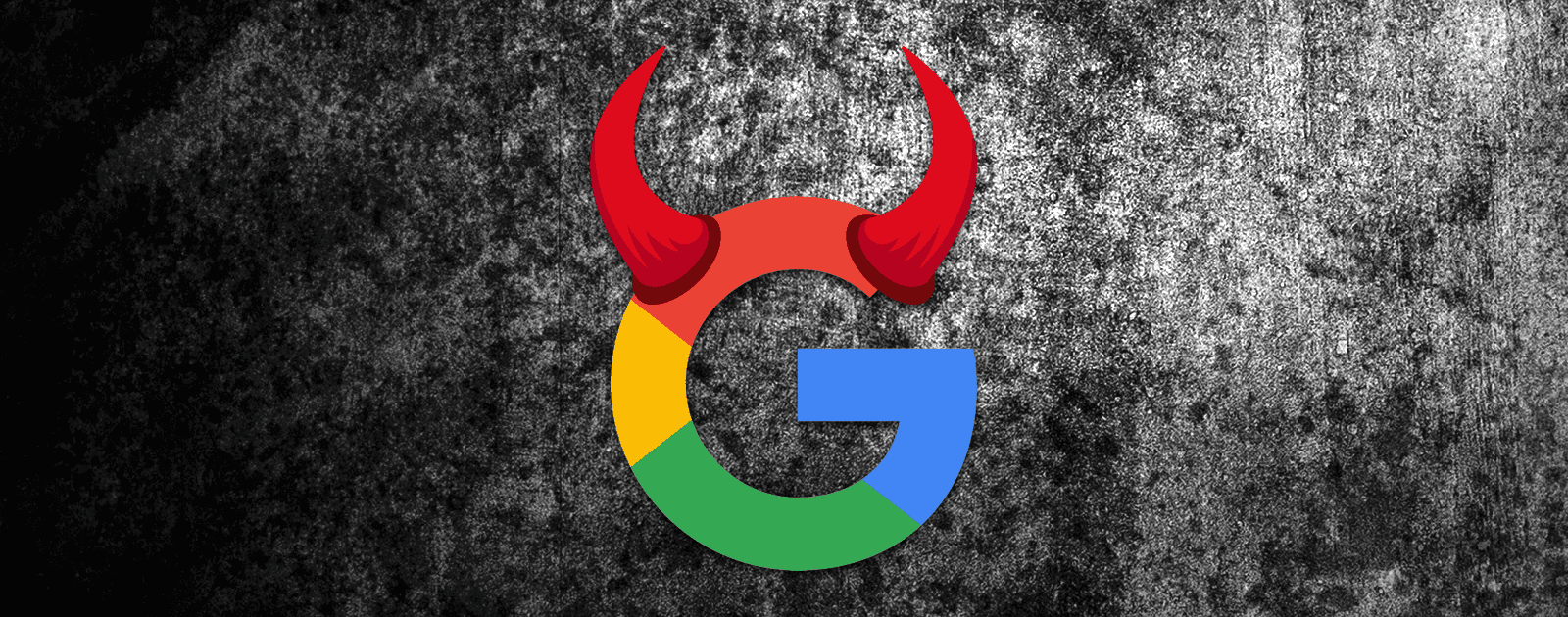iOS 12 developer beta 5 pretty much confirms Apple has a thin-bezel iPad without a Home button coming soon. Guilherme Rambo dug through the code and found icons for the new iPad model, along with evidence it’ll also support Face ID. Writing at 9to5Mac he says,
A new asset found in iOS 12 developer beta 5 seemingly confirms a new bezel-less iPad for the fall. The asset is part of the battery usage UI and it shows an iPad with no home button and thinner bezels. It wouldn’t be the first time a tiny glyph found in an OS reveals an unreleased product, last year the rumors about an iPhone with thin bezels were confirmed by the HomePod software leak.
Presumably this is an iPad Pro refresh. Since it’s showing up in iOS 12 beta code now, odds are we’ll see the new model some time this fall. My first generation 12.9-inch iPad Pro is suddenly looking a little long in the tooth.




















